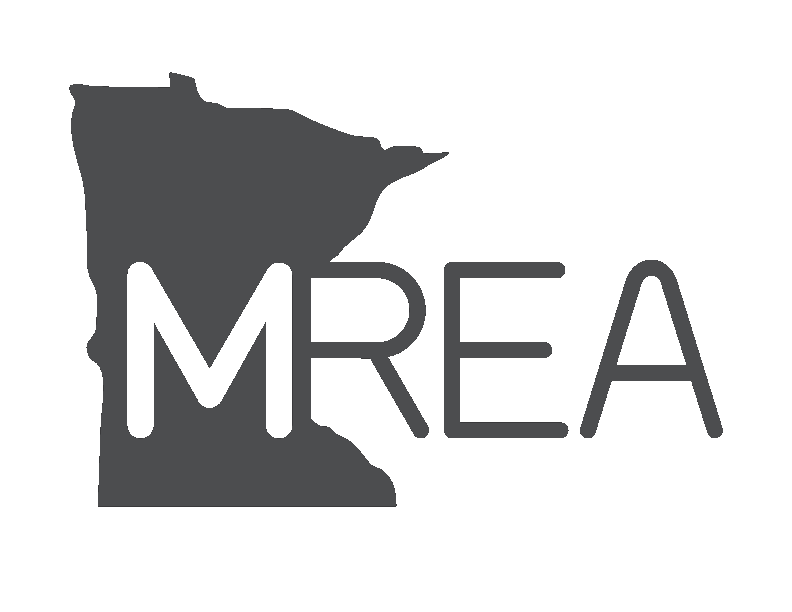Electric cooperatives prioritize reliable and affordable electricity with fuel diversity
(MAPLE GROVE, MINN.) – Minnesotans are no strangers to below-freezing temperatures. As concerns about high heating bills and grid reliability in harsh weather mount, not-for-profit electric co-ops continue to support their consumer-owners with reliable electric service and ways to save energy during times of increased use.
Reliability is especially important in severe storms and cold weather. The historic February winter storm that led to rolling blackouts in parts of the southern U.S. and Midwest demonstrated the essential role electricity plays in powering our lives. The ongoing global concerns about energy supply further reinforce the benefits to reliability and affordability that come from drawing on a diverse range of fuel sources to supply electricity.
Electric co-ops are increasingly integrating renewable energy resources and take seriously their obligation to provide safe, reliable and affordable electric service. Baseload generation resources like coal, nuclear and natural gas are critical to ensuring reliability and bridging the gap between energy policy and available technologies. Renewable energy resources are just one component of electric cooperatives’ diverse energy portfolio. Fuel diversity provides co-ops flexibility in mitigating higher fuel costs and minimizing outages.
“A diverse energy portfolio helps co-ops save money by using the lowest cost energy source. In addition, co-ops offer a variety of energy efficiency programs that help cut costs and save energy,” says Darrick Moe, CEO, Minnesota Rural Electric Association. “Minnesota’s electric co-ops are dedicated to helping consumer-owners save energy and cut costs year-round.”
Electric cooperatives encourage consumers to take advantage of free or inexpensive options available to better manage energy use and make a meaningful impact on monthly bills.
- Have an energy audit. Identifying energy-efficient measures specific to your home can help save money on monthly utility bills. Contact your electric cooperative for more information.
- Make sure your fireplace is cleaned and your flue damper properly sealed. Keep the fireplace damper closed unless you have a fire burning. Replace an inefficient wood-burning fireplace with a more efficient wood stove or gas insert.
- Use the sunshine to your advantage. Open blinds on sunny winter days to warm your home and shut them at sundown to trap heat inside.
- Install a smart thermostat. Smart thermostats can automatically turn off or reduce heating and cooling when you’re asleep or not home.
- Use smart power strips. Electricity consumed by electronics when they are not in use or on standby wastes energy.
- Seal air leaks around your home. Weatherizing your home is an easy way to reduce heating and cooling costs without upgrading your HVAC system. Use weatherstripping, caulk or plastic film on windows and small openings to keep out cold air.
- Replace your furnace air filter. Change out your air filter once a month. Maintaining proper airflow keeps your HVAC system from working overtime.
- Use LED lighting. LED lights are significantly more energy efficient than incandescent bulbs and fluorescents.
- Lower the water heater temperature. Some manufacturers set water heater thermostats at 140°F, but most households usually only require them to be set at 120°F. For each 10°F reduction in water temperature, you can save 3% to 5% in energy costs.
Energy conservation and demand response programs are valuable tools for saving on monthly bills through reduced electricity rates. Many electric cooperatives offer rebates on energy-efficient products like smart thermostats, air-source heat pumps and electric water heaters, which help reduce both the cost of initial investments and monthly energy usage. Some co-ops even offer financing for energy-efficient home improvement projects.
“Electric co-ops proactively champion innovative solutions, which give consumer-owners resources to save money and energy,” Moe says.
Owned by the members they serve, electric cooperatives are committed to providing affordable, reliable, safe and increasingly clean electricity. If you are a cooperative member having trouble paying your electric bill, contact your local electric co-op to discuss payment plans and receive information on other resources, such as the federally-funded Energy Assistance Program for income-qualified households to help with home heating costs and furnace repairs.
###
ABOUT THE MINNESOTA RURAL ELECTRIC ASSOCIATION
The Minnesota Rural Electric Association (MREA) is a nonprofit trade association serving Minnesota’s electric cooperatives. MREA provides legislative and regulatory representation, director and employee education programs, technical training for electric cooperative line workers and serves as the focal point for cooperation among cooperatives. Minnesota’s 44 distribution cooperatives serve about 1.7 million Minnesotans in all 87 counties and operate the largest distribution network in the state with more than 135,000 miles of electric lines.
FOR MORE INFORMATION CONTACT: Krista Benjamin, krista@mrea.org, 763-424-7235
